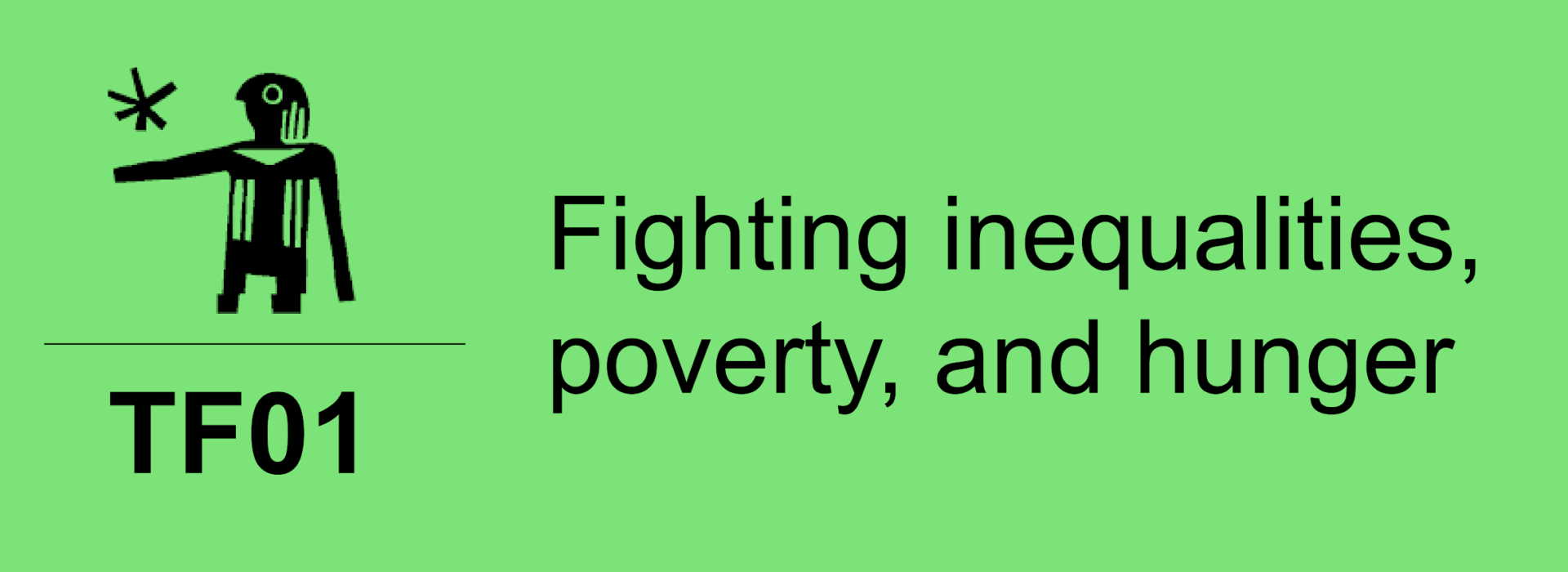Intersecting factors such as class, race/ethnicity, and gender (foundational pillars of capitalism) produce inequalities and shape the way people live, experience illness, and die. Within this hierarchy, Latin America and the Caribbean afro-indigenous women find themselves at the bottom of the social pyramid. Comprehending the societal health landscape and devising effective solutions force an expansion of knowledge systems. It requires fostering ancestral and academic wisdom convergence and promoting emancipation and humanization within caregiving relationships. Enhancing the living conditions of racialized women involves pondering their needs and their territories’ characteristics. Advocacy for historical reparations policies is emphasized as a means to address historical injustices arising from the actions or inactions of the State, like the processes of enslavement and genocide of afro-indigenous. Recommendations extend to urging G20 nations to prioritize conditional cash transfer programs aligned with a synergistic and intersectoral approach between health, education, work/income, housing, and other sectors. This commitment should be marked by positive conditionalities and a dual-focused resource allocation: for women’s benefit and the establishment or continuation of programs. This strategy ensures that investments contribute to the fortification of policies and services and raising living conditions for racialized women. These programs should be developed and managed in a collegial and participatory decision-making process, enhancing dialogue with local needs. Local Management Committees should be created for defining priorities, planning, and ensuring representative parity (managers, professionals, and women’s associations/movements). The direct execution of policies can be carried out by government management or by Non-Governmental Organizations managed by racialized women, regulated by the state, and subject to a performance and impact evaluation system.
Register for Updates
Would you like to receive updates on the Global Solutions Initiative, upcoming events, G7 and G20-related developments and the future of multilateralism? Then subscribe here!
1 You hereby agree that the personal data provided may be used for the purpose of updates on the Global Solutions Initiative by the Global Solutions Initiative Foundation gemeinnützige GmbH. Your consent is revocable at any time (by e-mail to contact@global-solutions-initiative.org or to the contact data given in the imprint). The update is sent in accordance with the privacy policy and to advertise the Global Solutions Initiative’s own products and services.









